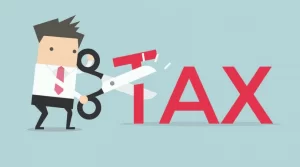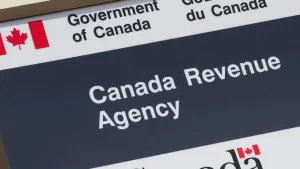As a business owner in Canada, understanding the ins and outs of the tax system is paramount to ensuring compliance and maximizing your returns. In this guide, we’ll break down the essentials of business income tax filing in Canada, providing you with the knowledge to streamline the process.
1. Know Your Business Structure
Before diving into the tax-filing abyss, it’s essential to identify your business structure. Whether you operate as a sole proprietorship, partnership, corporation, or another form, each comes with its own set of tax obligations. Corporations, for example, need to file a corporate income tax return (T2), while sole proprietors report business income on their personal tax return (T1). Understanding your structure is the first step in ensuring you meet the right filing requirements.
2. Stay Organized Throughout the Year
The key to a smooth tax-filing process lies in year-round organization. Keep meticulous records of your income, expenses, receipts, and other financial transactions. This not only ensures accuracy but also provides a clear picture of your business’s financial health. Consider utilizing accounting software or hiring a professional to help you maintain a well-organized financial system.
3. Claiming Business Expenses
One of the perks of being a business owner is the ability to deduct legitimate business expenses. From office supplies to travel costs, these deductions can significantly impact your taxable income. Be sure to familiarize yourself with the Canada Revenue Agency’s (CRA) guidelines on eligible expenses, and keep detailed records to substantiate your claims.
4. Understanding GST/HST Obligations
Depending on your business’s annual revenue, you may need to register for the Goods and Services Tax (GST) or the Harmonized Sales Tax (HST). Familiarize yourself with the thresholds and ensure timely registration to avoid penalties. Properly managing GST/HST obligations is crucial, as failure to comply can result in hefty fines.
5. Deadline Awareness
Mark your calendars! The tax season in Canada typically runs from March to June, with specific deadlines based on your business structure. Corporations, for instance, must file their T2 returns within six months of the fiscal year-end. Personal tax returns for sole proprietors are generally due by the end of June. Staying ahead of deadlines ensures you avoid late-filing penalties and interest charges.
6. Consider Professional Assistance
Navigating the complexities of business income tax can be overwhelming, especially as your business grows. Enlisting the services of a tax professional or an accountant can provide peace of mind and help you optimize your tax strategy. They stay abreast of changing tax laws and can identify opportunities to minimize your tax liability.
7. Keep Learning and Adapting
The Canadian tax landscape is ever-evolving, with regulations and incentives subject to change. Regularly invest time in staying informed about updates from the CRA and seek professional advice when needed. Continuous learning ensures you adapt your tax strategy to optimize benefits and remain compliant.
Reach out to Abdullah CPA for your business tax filling in Canada.





